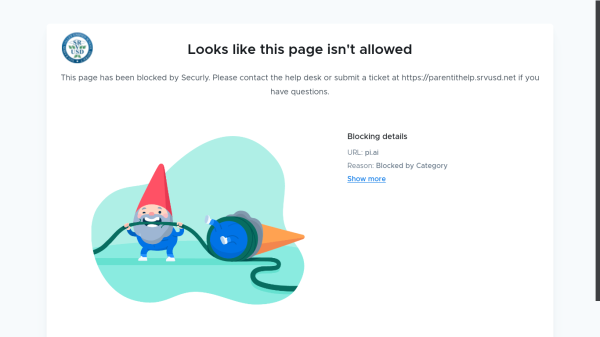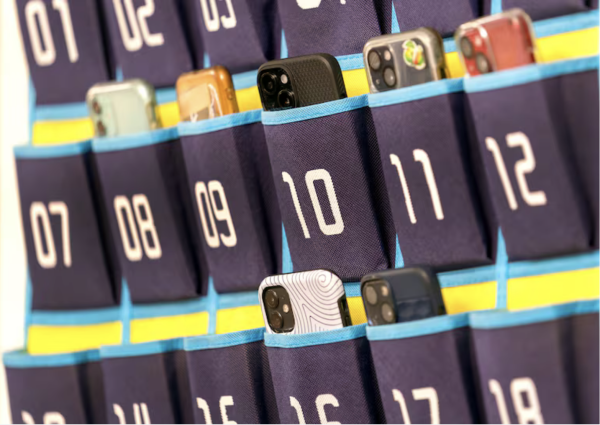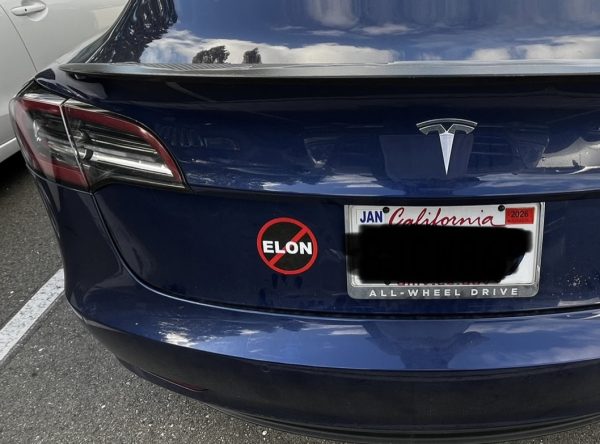Education Code to Recognize LGBTQ and Disabled Community
The passage of the FAIR Education Act and Assembly Bill 1266 are indicators of our progress as an accepting Californian society.
Both laws work to represent the LGBTQ (Lesbian Gay Bisexual Transgender Queer) community in a state where, only six months ago, same-sex couples were denied their right to marriage. In addition, the presence and contributions of disabled Americans will be acknowledged. These laws will be embedded in a future of true equality for a diversity of students.
Thus, The Stampede wants to help break these laws down for you.
The Fair, Accurate, Inclusive, and Respectful (FAIR) Act
The Fair Act, or Senate Bill 48, is a change in the California education code that will “require schools to integrate factual information about social movements, current events and history of people with disabilities and LGBT people into existing social studies lessons,” as well as “prevent the State Board of Education from adopting instructional materials that discriminate.”*
“[The Fair Act] was passed two years ago,” English teacher Kimberly Gilles said, who is a member of the district-wide Fair Act Committee. “[Our school district] should have been implementing it. The problem for many teachers is that extbooks are not up to date on the latest legislation because we only buy them every seven years or so.”
The American Pageant 13th edition textbooks, for example, have been studied in AP U.S. History since 2006. But the material is exclusionary, omitting information crucial to the Civil Rights Movement such as the Stonewall Riots.
“There’s no way you can discuss all [civil rights] unless you discuss that it was homosexual men who finally said ‘No more!’,” Gilles said. “I think all the people that have stood up and said ‘No more!’ are leaders. And that’s history.”
All Monte Vista U.S. History teachers this year are moving around the textbook material and according to James Rossi, the Social Studies Department representative, are working the Fair Act into their Civil Rights units.
But the purpose of this law, to some, is questionable.
“When I present somebody, I don’t go down their long list of who they are and how they identify themselves,” History teacher Gina Henehan said. “I just talk about how they contributed to society, or how they contributed to the rise of democracy during the French Revolution. I don’t pull out personal information.”
Identity, however, remains an important aspect of history to others.
“I think that anytime people start to find themselves mirrored in the world around them, in a respectful way, the more validated they are as human beings,” Gilles said. “And this also goes for students with disabilities; it’s important to understand that the Fair Act includes another group who historically have just been invisible.”
“When someone says that they don’t want to recognize someone for who they are, it just makes it so much easier to dismiss the entire community of people,” GSA Co-President Lee said.
Assembly Bill 1266
AB1266, another change to the California education code, requires that “a pupil shall be permitted to participate in sex-segregated school programs and activities, including athletic teams and competitions, and use facilities consistent with his or her gender identity, irrespective of the gender listed on the pupil’s records.”**
“The district received some information about the law and administrators were notified to be prepared to have discussions and make accommodations for students,” Vice Principal Evan Powell said about AB1266, which goes into effect January 1, 2014. “We understand that this is a sensitive topic and want to support students in the best way possible.”
The law, coined as the “Transgender Bathroom Bill”, will be handled on an individual basis.
“Even though they say it’s for transgender students, it’s technically for everybody, because now everybody is going to the bathroom [in the gendered room] with which they identify,” Lee said.
Although transgendered students now have the law on their side, there is no end to the bullying and sexual harassment that can occur to them if they go into the gendered bathroom with which they identify. The law also fails to acknowledge students who do not have a gender identity: the gender fluid.
“What I think we need at this school is gender-neutral bathrooms, and this is for everyone, like even if you’re a cisgendered person and don’t feel safe in a gendered bathroom, you can use [an ungendered bathroom],” Lee said.
The Acalanes Union High School District is working to establish four gender neutral bathrooms on their campuses in response to the bill. Our own Workday Student Center features a gender neutral, disabled, (locked) bathroom, as does the Main Office.
“It’s going to take a long time,” Lee said. “For now I say gender-neutral bathrooms, because being trans, to a lot of people, is a weird thing. We’ve been raised in this society where it’s like, ‘You’re a girl. You’re a boy. That’s it.’ To see that tradition be thrown around is weird, and it makes a lot of people uncomfortable. And people just come up with these crazy, worst case scenarios of what they think trans people can do in the bathroom [in response].”
Although the implementation of gender-neutral bathrooms may be a bluntb admission that our society still can’t tolerate anyone living outside of the gender binary, it is currently necessary for the safety of students who do.
*According to Bill SB 48 text, authored by Senator Mark Leno
**According to AB1266 Bill text, Section 221.5






